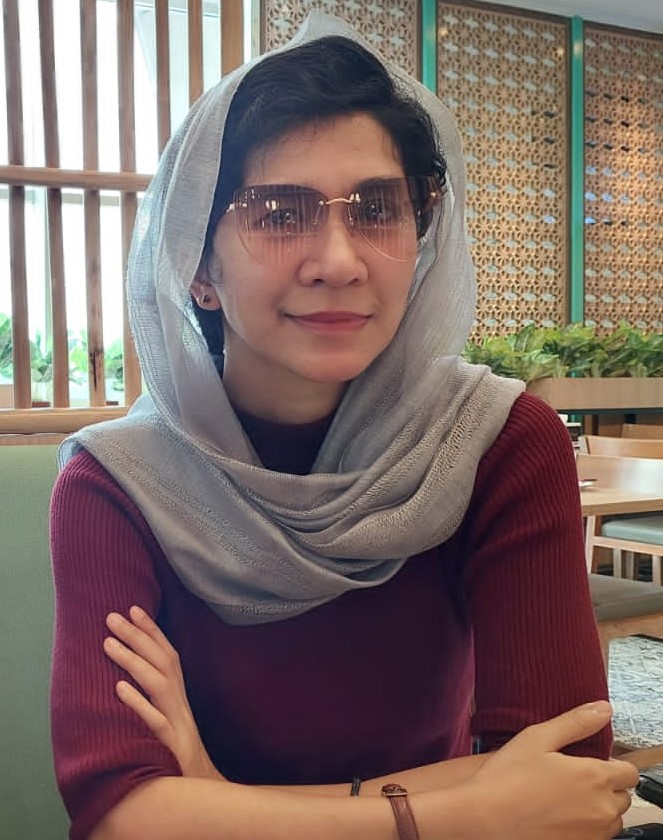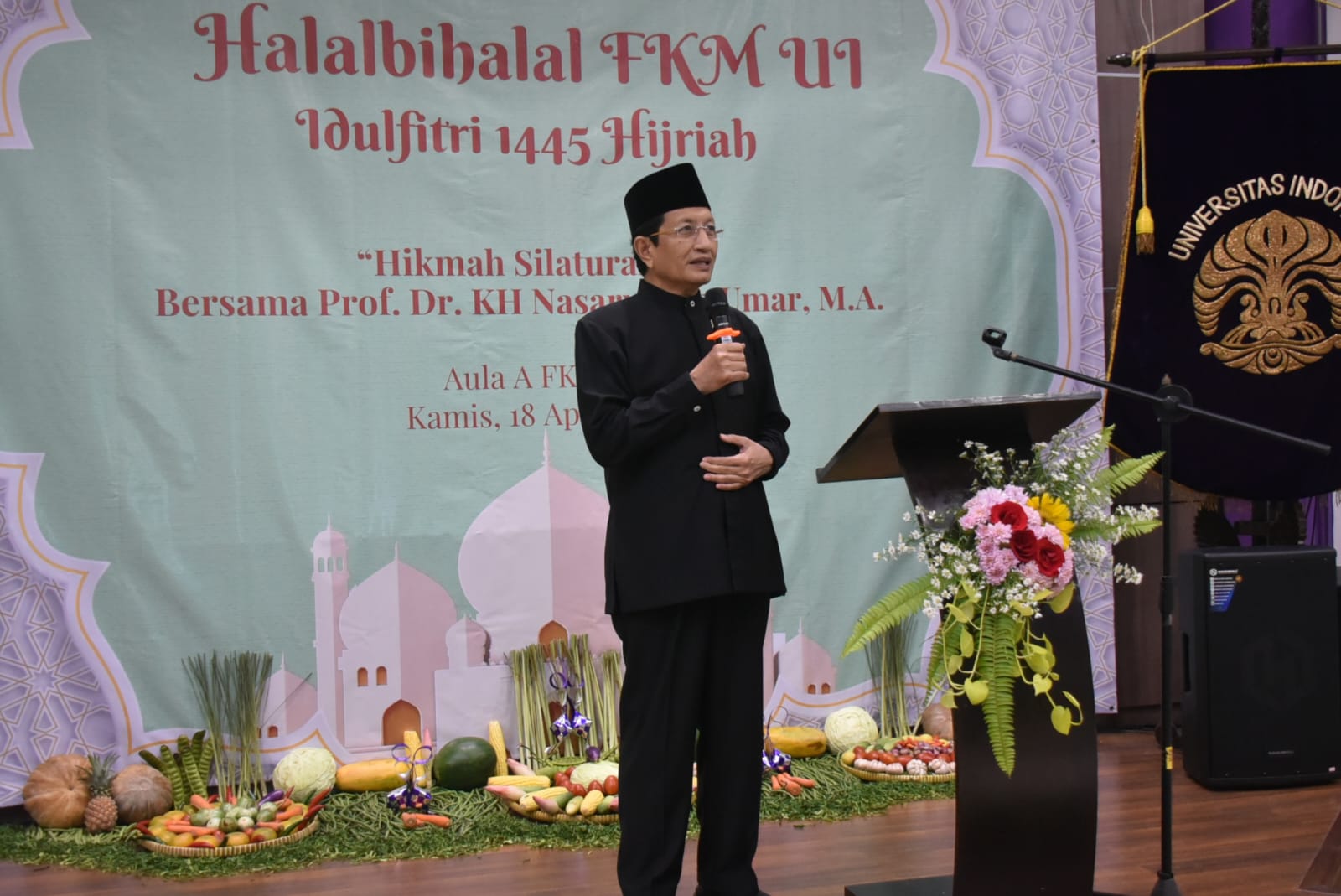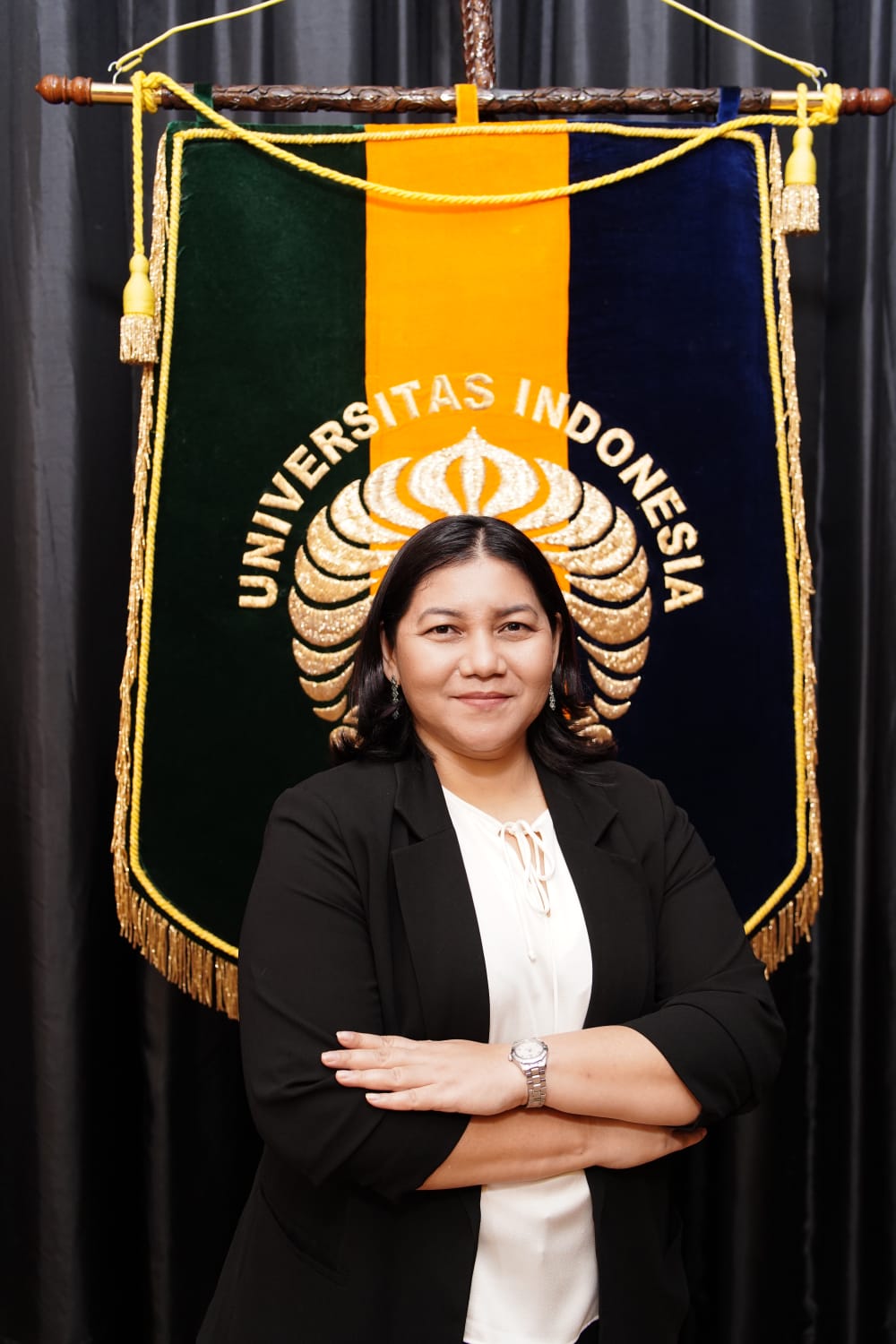
As one of the country with the largest Muslim population in the world, Indonesia is a haven for entrepreneurs who employing Islamic-based markets and businesses. Various businesses labeled Islam entered the market and attracted the public’s attention, some of which were even able to shift the conventional products that preceded them. .
This phenomenon became the topic of discussion of the Center of Islamic Economics and Business, Faculty of Economics and Business, Universitas Indonesia (PEBS FEB UI), the Islamic Economic Community (MES), and the Ministry of SOEs (PT Biofarma and PT Rajawali Nusantara Indonesia) in the Young Sharia Entrepreneurial Seminar at the Auditorium Soeria Atmadja. Faculty of Economics and Business, Universitas Indonesia (FEB UI), last Thursday (3/2). The theme raised was “Sharia Economic Development for Young Entrepreneurs in Supporting Sustainability and Independence”, and attended by around 800 participants on a hybridbasis manner.
According to the Dean of FEB UI, Teguh Dartanto, Ph.D, young entrepreneurs engaged in the sharia business must be able to develop their self quality for the sake of creating a business with Islamic ethics and is beneficial to the environment and society. The President Director of ID FOOD, Arief Prasetyo Adi, one of the speakers, stated that this seminar is an educational tool for the younger generation, especially students and startupbusiness actors in the field of entrepreneurship and sharia business ethics. He hopes that this activity can encourage the birth of young sharia entrepreneurs who are successful, innovative, and have sustainable businesses.
During the event, the MoU on Collaborative Cooperation in Empowering the People’s Economy was signed. Pahala Nugraha Mansury (Vice Minister of BUMN I) said, “Entrepreneurship in Indonesia is still relatively low compared to neighboring countries, so people, especially the younger generation, must participate in entrepreneurial activities. The involvement of the younger generation in this program will have positive implications for the development of the halal industry in Indonesia. Education programs and socialization of entrepreneurshipspirit development among students must be carried out massively.”
In the seminar, the panel session began with material presentation by the Head of the Center for the Guidance and Supervision of Halal Product Assurance (JPH), the Halal Product Assurance Organizing Agency (BPJPH), the Indonesian Ministry of Religion Ahmad Umar. He conveyed about the success of young entrepreneurs through guaranteeing halal products. There are several reasons why the theme was taken, namely first, there is an order from Allah SWT to eat halal and thayyibfood because it is guaranteed for its health and nutrition. Second, the development of product processing technology makes it difficult for people to distinguish between halal and haram with the naked eye. Third, the benefits of a halal certificate are central to success in entrepreneurship as a guarantee that halal products can still be of high quality, so that they can increase consumer confidence and can reach a wide network. “I encourage young entrepreneurs to innovate, to stay on the right track, namely the path of young sharia entrepreneurs,” he said.
In addition, entrepreneurs can be successful if they have a growth mindset. Edvan M. Kautsar, The Youngest Motivator of Asia, relates the context of pandemic Covid-19 by mentioning that there are four groups of people when facing a crisis. First, ignorant (don’t care), namely the group that blames the situation and doesn’t want to create solution, or even only see the crisis as a burden. Second, groups who are aware of a crisis, but do not want to make any change. Third, those who are ready to change and adapt to the circumstances resulting from the crisis. Finally, the group that not only adapts, but also seeks the best solution in the midst of a crisis.
“The first two groups have a fixed mindset, while the last two groups have a growth mindset. The successful group is the one who has a growth mindset because they are concerned with the process rather than the result,” said Edvan.
Shanty A. Leksono, a Sharia Business practitioner and Chairman of Allisya Circle, another resource person, added that to achieve success, young entrepreneurs must realize a profitableand sustainablesharia business. In addition to having to be based on social action, businesses also need to generate profits in order to survive financially and as a whole. Spirituality, safe security, social, screen, self-expression, and startingare the pillars for running a business in the midst of current conditions.
Another strategy to get business success is to optimize product or service branding. Another resource person, Sheyla, CEO of Beeme Indonesia, explained several stages to optimize branding. First, to get products that are accepted by consumers, you must target the potential market according to the product’s target. Furthermore, creating good quality products that provide solutions for consumers, for example products that are easy to remember and through onlinesales. Finally, build personal branding on social media, so that good relationships are established with other parties.
In the last session, Ika Karmila as a Home Industry Product Practitioner (PIRT) stated, to get a Home Industry Food certification (PIRT), business actors must have a business registration number and a standard certificate or an independent statement (commitment). After registering, verification of products, labels, packaging, and so on will be carried out.
Business actors who have obtained a PIRT number need to attend food safety counseling at the government health official division office. They will also undergo a pre-test and post-test with a minimum score of 60. This certificate will be verified by the local health office for business actors who also meet production requirements.
Writer: Nino Eka Putra | Editor: Sapuroh



